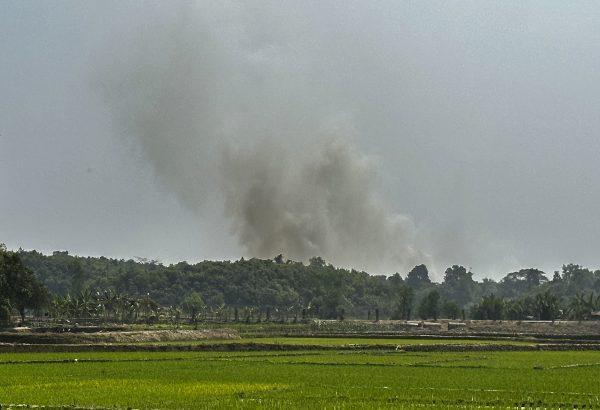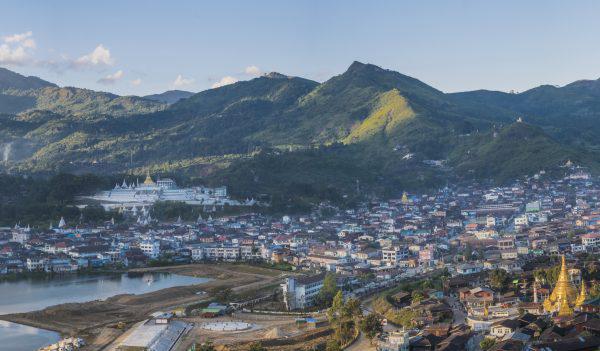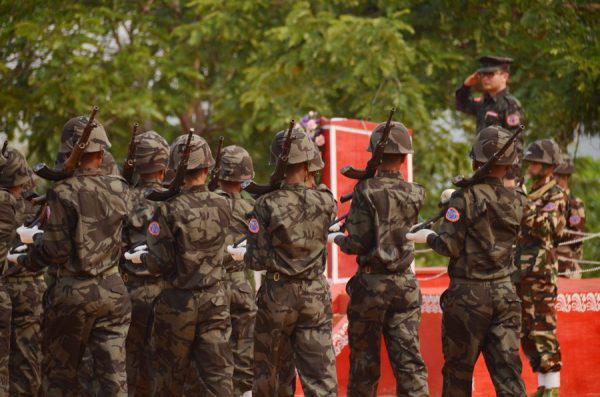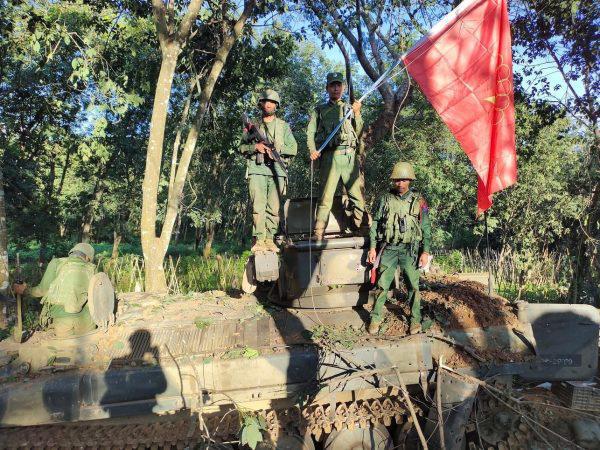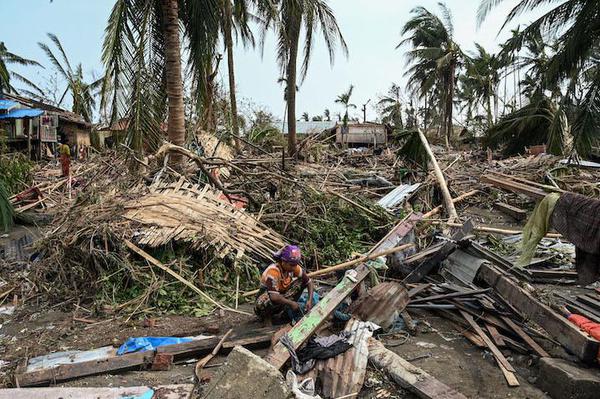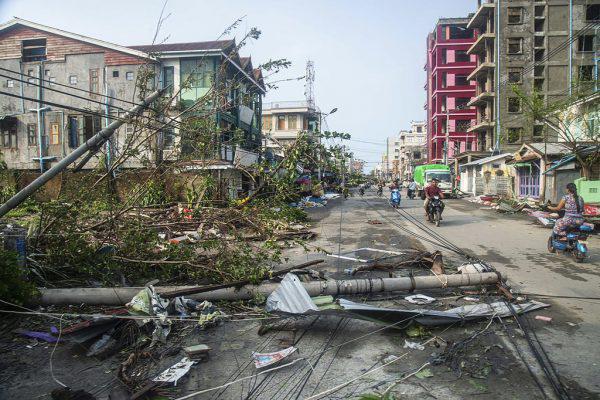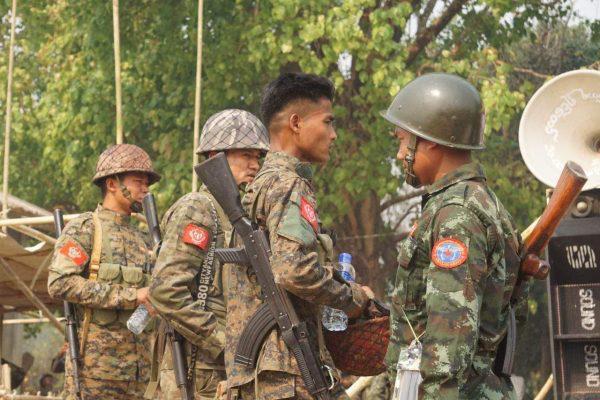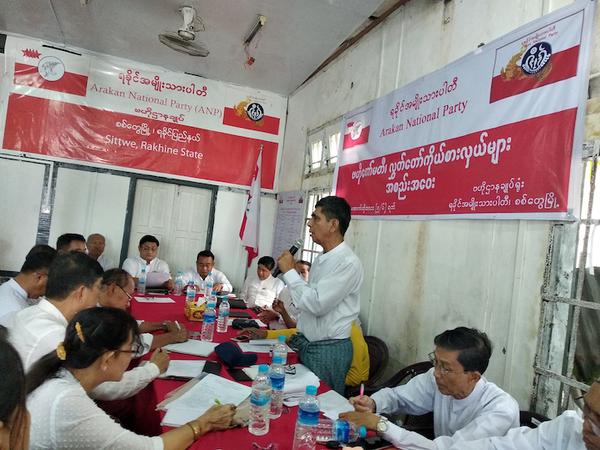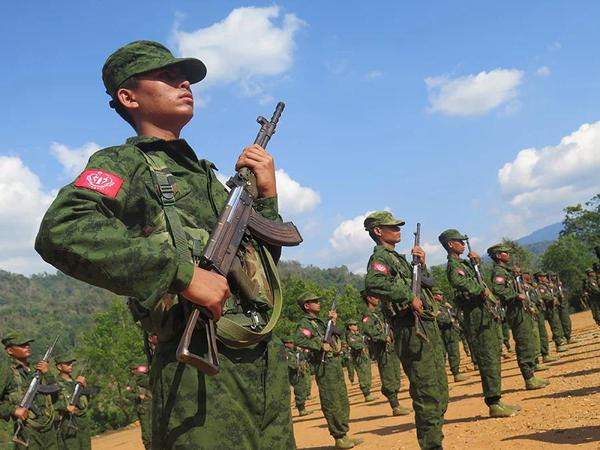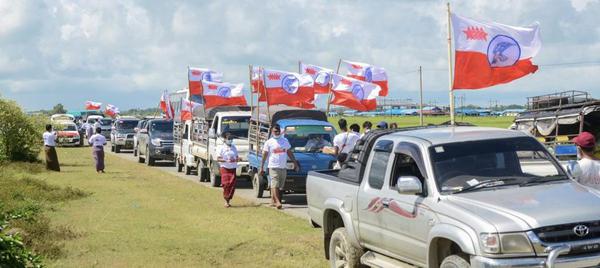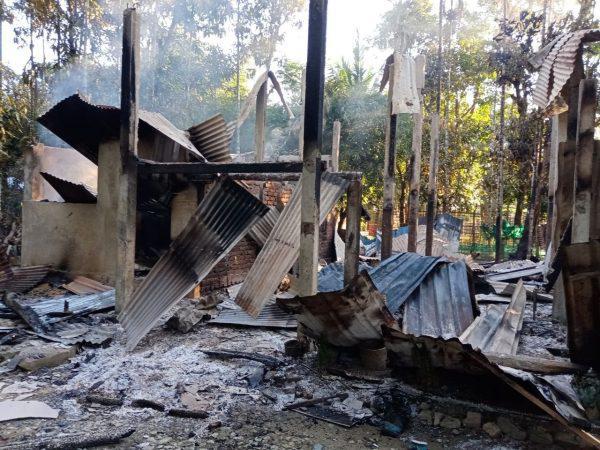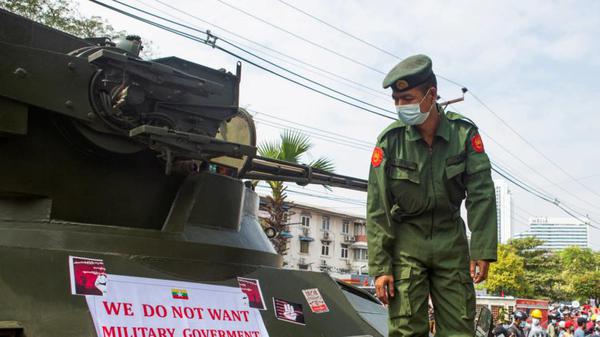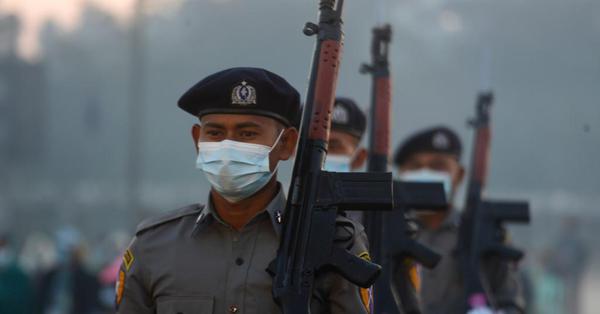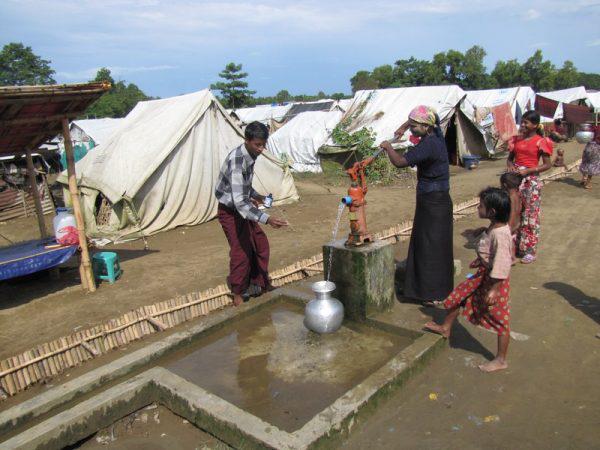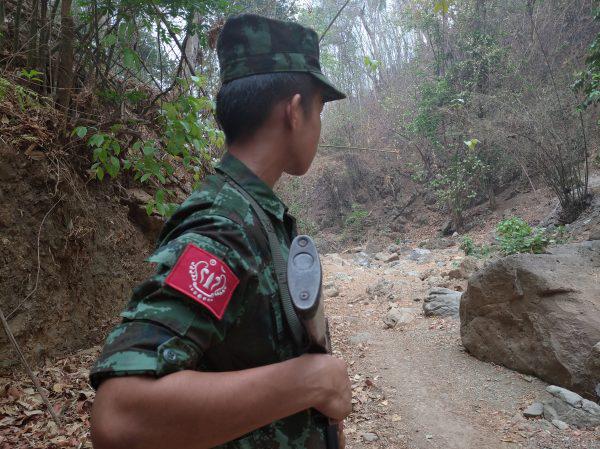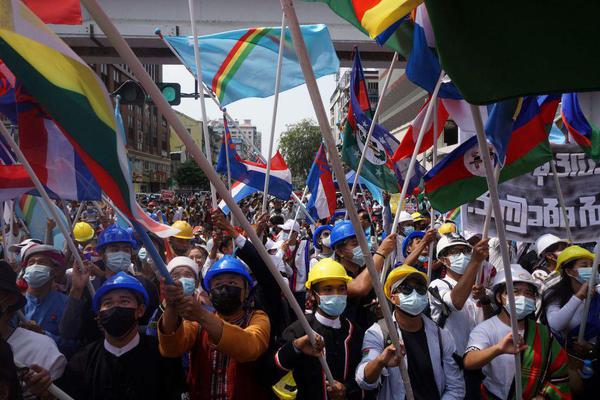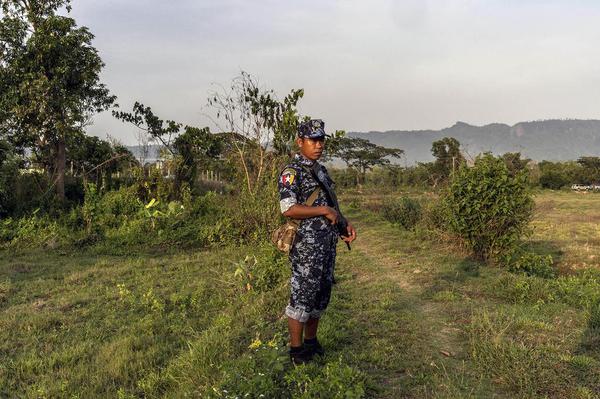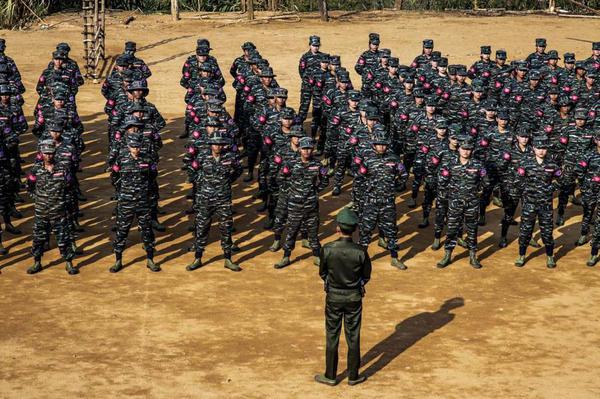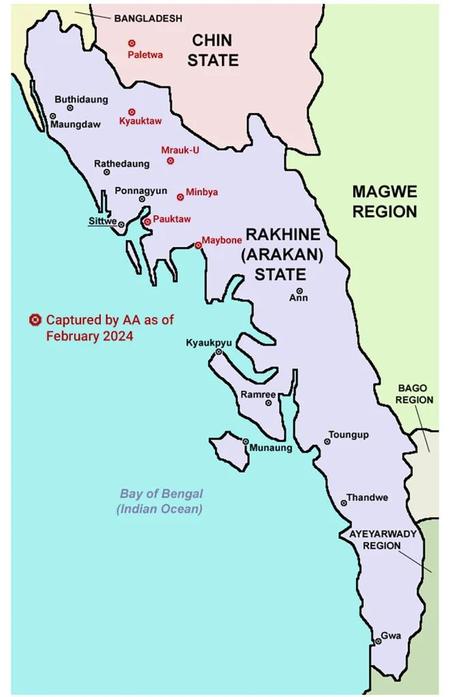
New Battlefront Emerging in Western Myanmar
The Arakan Army (AA) has gained significant ground against State Administration Council (SAC) troops in western Myanmar. The AA’s gains compound SAC losses in other parts of the country since Operation 1027 in October.
A new battlefront has opened up in western Myanmar. Just weeks after the Operation 1027 offensive against junta forces in late October, the Arakan Army (AA) has chalked up a string of territorial gains against State Administration Council (SAC) forces in Rakhine State. The gains
A new battlefront has opened up in western Myanmar. Just weeks after the Operation 1027 offensive against junta forces in late October, the Arakan Army (AA) has chalked up a string of territorial gains against State Administration Council (SAC) forces in Rakhine State. The gains
